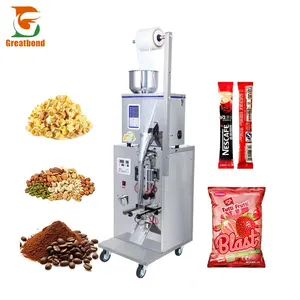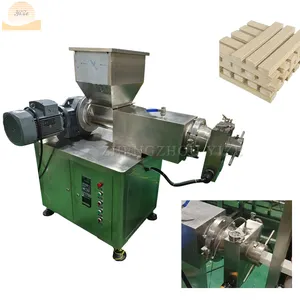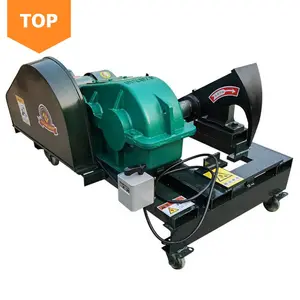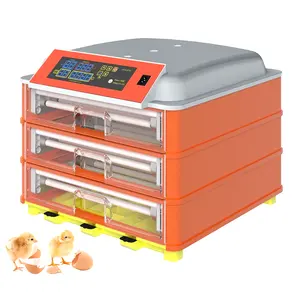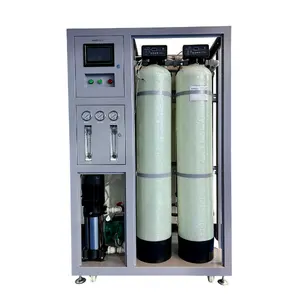Popular in your industry






















































Related Searches:


















































































































































Top categories
About agriculture machinery equipments
Agriculture machinery equipments are a pivotal component in modern farming practices, contributing significantly to increased efficiency and productivity in the agricultural sector. These machines, which include a wide range of farm machinery such as tractors, harvesters, plows, and planters, are designed to mechanize various agricultural tasks, from land preparation to harvesting. The use of these agriculture machinery equipments has revolutionized farming by reducing manual labor, optimizing time management, and enhancing overall crop yields.
Types of agriculture machinery equipments
The agric machinery can be categorized into various types based on their specific functions and the tasks they perform in the farming process. Firstly, tractors are versatile and widely used machines in the agricultural sector. They are used for various tasks, such as plowing, tilling, planting, and transportation, making them an essential piece of equipment for farmers worldwide. Secondly, planting and seeding machinery, which includes seed drills, planters, and transplanters, are designed to efficiently plant crops in the field. These machines ensure proper seed placement, spacing, and depth, contributing to uniform crop emergence and higher yields. Thirdly, harvesting machinery is used to gather mature crops from the field. Common examples include combine harvesters for grains and forage harvesters for silage and forage crops. Finally, irrigation machinery, such as sprinklers, drip irrigation systems, and pumps, is used to efficiently supply water to crops, ensuring optimal growth and yield. The diverse types of farm machinery equipment cater to the specific needs of different farming operations, offering solutions for tasks ranging from soil preparation to post-harvest handling.
Advantages of agriculture machinery equipments
The utilization of agriculture machinery equipments offers numerous advantages. Firstly, these machinery significantly reduce the dependency on manual labor, leading to increased efficiency and cost-effectiveness in farming operations. Second, they contribute to higher productivity and output by enabling timely and precise execution of tasks, such as planting, irrigation, and harvesting. Third, the use of farm equipment machines helps in achieving better crop quality and uniformity. The precise and consistent performance of machinery results in improved crop health, reduced wastage, and enhanced market value. Fourth, these machines can be operated by farmers with minimal training, making them accessible and user-friendly. Fifth, the adoption of farm and machinery contributes to sustainable agriculture practices by optimizing resource utilization, reducing fuel consumption, and minimizing environmental impact. Lastly, agriculture machinery equipments play a crucial role in mitigating labor shortage challenges faced by the agriculture sector, especially in regions experiencing workforce constraints.
Use scenarios for agriculture machinery equipments
The utility of agriculture machinery equipments is diverse, and they play a vital role in various farming scenarios. In large-scale commercial farming, these machines are instrumental in managing extensive land areas, ensuring efficient crop production, and meeting the demands of the market. In the context of precision agriculture, advanced technologies integrated into farm machinery contribute to site-specific management, data-driven decision-making, and optimized resource utilization. Family-owned and smallholder farms also benefit from the use of farm machinery. These machines enable small-scale farmers to improve their operational efficiency, enhance crop yields, and expand their agricultural activities. Additionally, the adoption of agriculture machinery equipments is crucial in addressing the labor challenges faced by the agriculture sector, especially in regions experiencing workforce shortages. The mechanization of farming tasks not only reduces the dependency on manual labor but also attracts a younger generation by offering a more technology-driven and efficient approach to agriculture.
